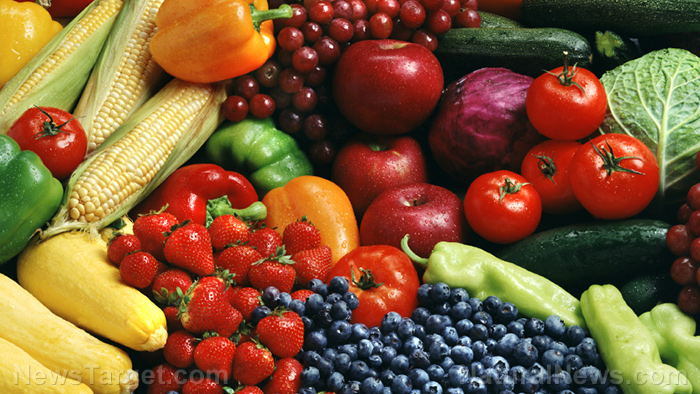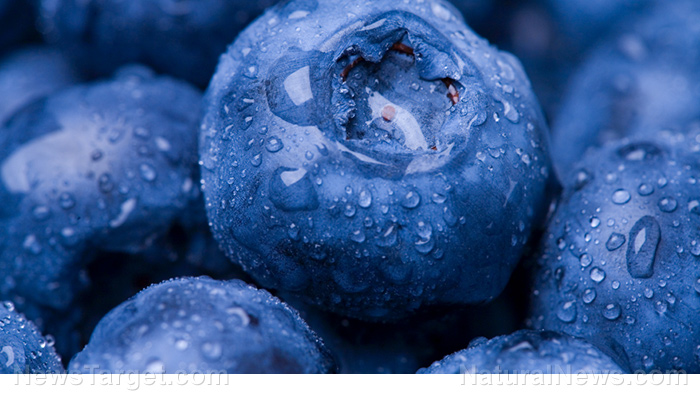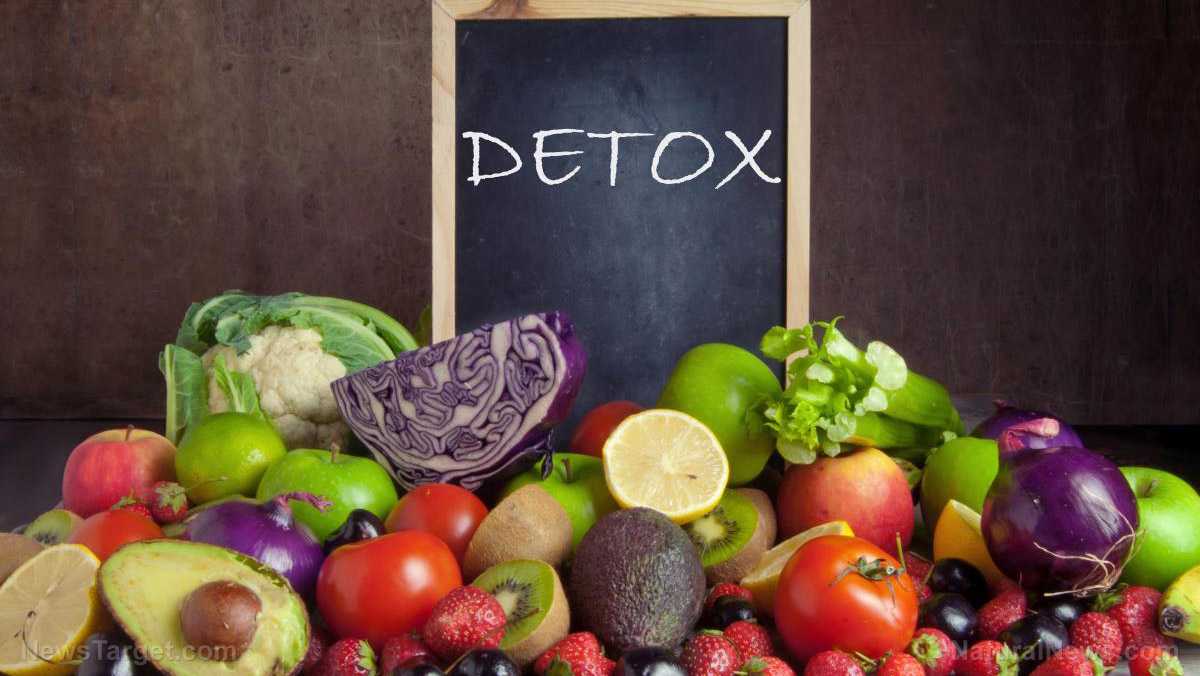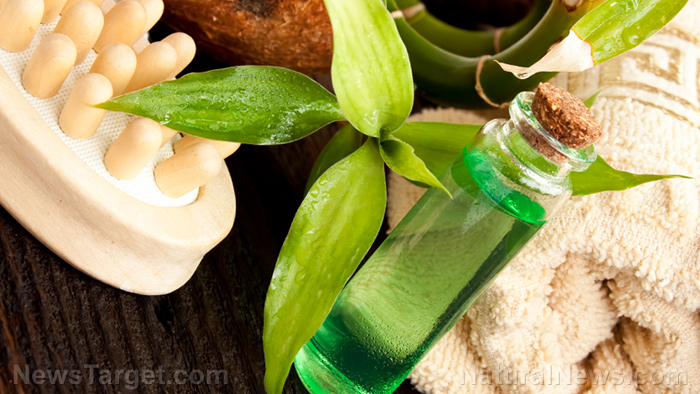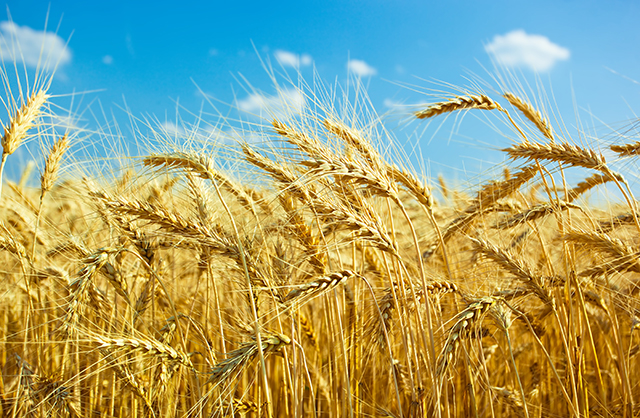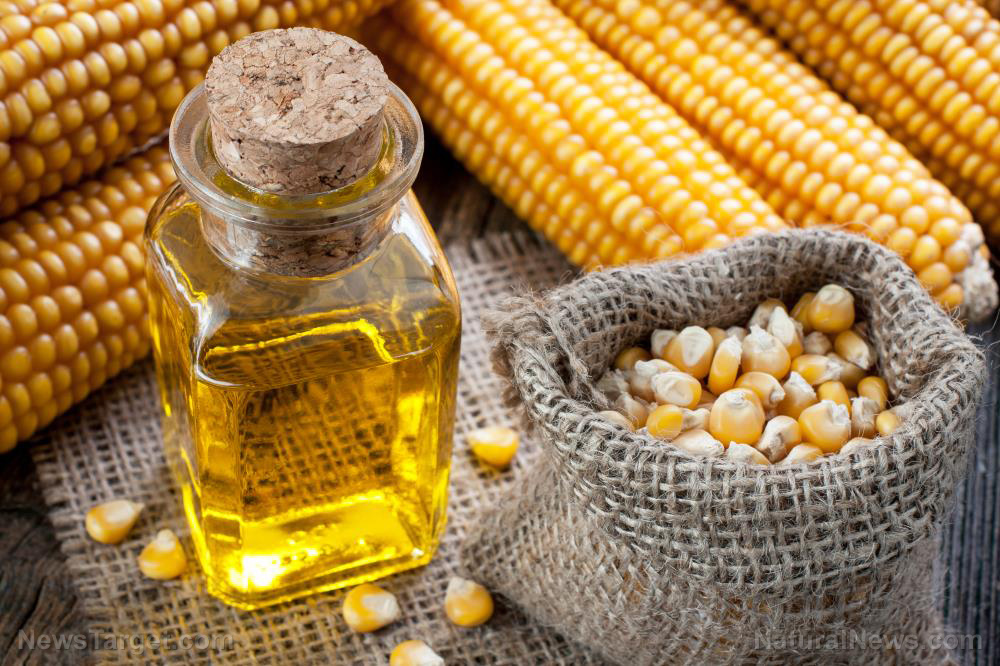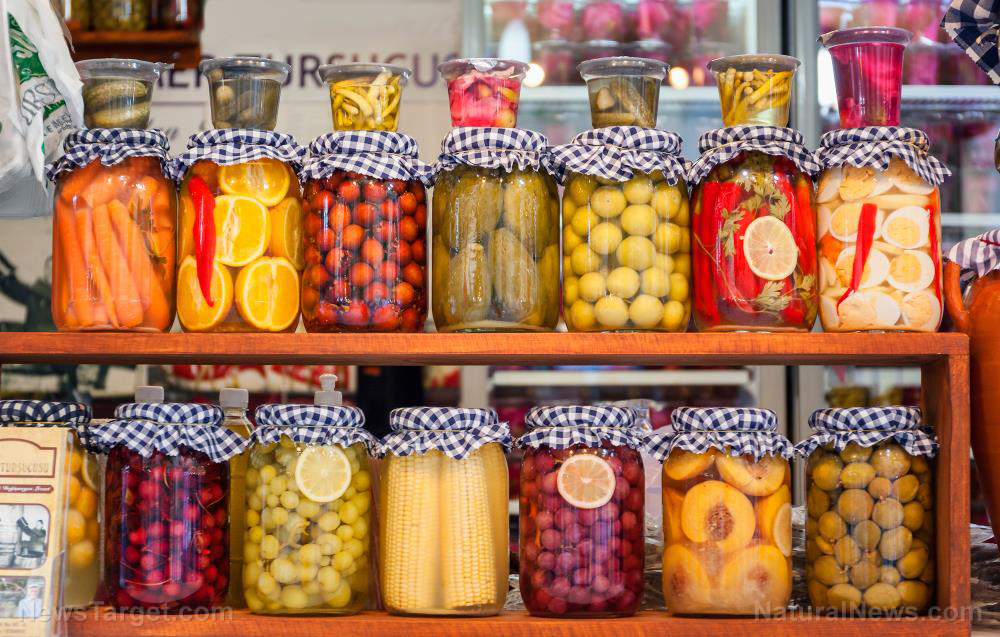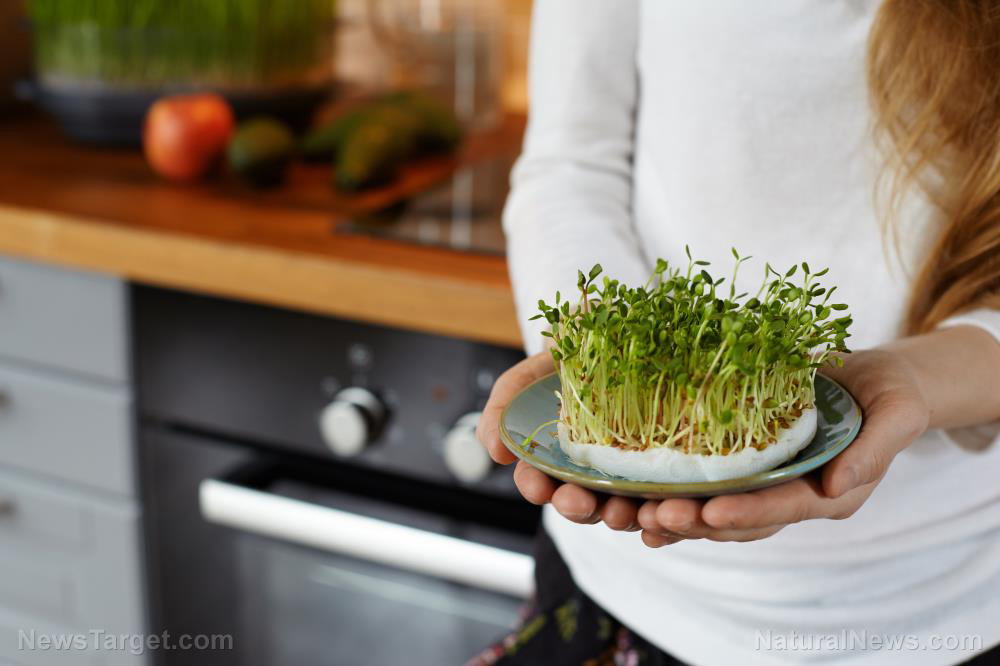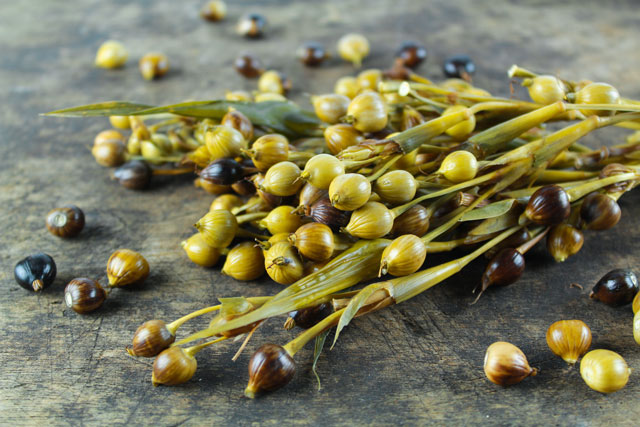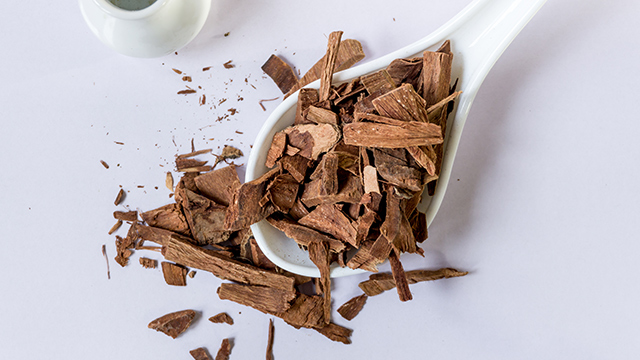These are the best foods to eat to fight or prevent cancer
11/01/2018 / By Isabelle Z.

What you eat plays a very important role in your health, and this goes far beyond simple concepts like “fried food is bad” and “vegetables are good.” Just as certain foods have the power to cause diseases – like sugar and diabetes – some foods can help to fight and prevent illness. UCHealth Oncology Dietitian Liz Nyce recently shared some tips about the best foods to eat when you’re looking to fight or prevent cancer.
First of all, you can forget the idea that you’ll have to suffer through a lot of bland food to get health benefits. In fact, some of the most flavorful natural foods out there are excellent choices when it comes to dealing with cancer. For example, some studies show that allium vegetables like chives, onions, garlic, shallots and leeks contain sulfur compounds that protect against prostate and stomach cancer.
In addition, foods with cooked tomatoes contain high amounts of lycopene, which has been shown to help prevent prostate cancer, so bring on the marinara! Whole food sources of soy can also help fight the disease; she recommends soybeans, miso, and tempeh. When buying anything made with soy, be sure you get organic.
Nyce says that non-starchy vegetables and fruits can protect against a host of cancers, including those of the larynx, pharynx, stomach, mouth, lung and esophagus. She suggests consuming 5 to 10 servings of foods in this category per day.
These phytochemical-rich “rainbow” foods include citrus fruits, cabbage, carrots, peppers, broccoli, berries and tomatoes. She also singles out cruciferous vegetables for their particularly high mineral and vitamin content, so turn to foods like kale, cauliflower, Brussels sprouts and broccoli. On the other hand, bananas, peas, corn, and potatoes are considered starchy and should be avoided.
The power of the elements: Discover Colloidal Silver Mouthwash with quality, natural ingredients like Sangre de Drago sap, black walnut hulls, menthol crystals and more. Zero artificial sweeteners, colors or alcohol. Learn more at the Health Ranger Store and help support this news site.
Don’t forget about fiber
A lot of people overlook the importance of fiber, which is unfortunate because it’s especially helpful in fighting off colorectal, prostate and breast cancers. She recommends upping your intake of lentils, legumes and beans and aiming for between 25 and 38 grams of fiber per day.
If it’s breast cancer you’re hoping to avoid, Nyce likes the Mediterranean diet because of its moderate amounts of protein and its emphasis on vegetables and olive oil.
Don’t undo your progress with the wrong foods
You can fill up your diet with as many healthy foods as possible, but if you’re still eating the wrong foods as well, you could be raising your risk of cancer nevertheless. Keeping sugar under control is essential as cancer cells feed on sugar. Nyce acknowledges that it’s impossible to avoid sugar entirely. The best you can do is to stick to the kind of sugar that is naturally found in fruits and vegetables, whole grains and low-fat dairy, reserving sweet treats only for special occasions. Avoiding packaged foods can also help you avoid not only sugar but also unnatural preservatives.
Fat is not the enemy, but you want to stick to healthy fats like those found in fatty fish, avocados, seeds and nuts. Skip the red meat and processed meats if you want to keep your risk of colorectal cancer down. It’s also important to moderate your alcohol consumption. Because alcohol has been linked to gastrointestinal, breast, neck and head cancers, she suggests that women limit their daily alcohol intake to no more than 5 ounces of wine, 1.5 ounces of liquor, or 12 ounces of beer; men should consume no more than double those amounts.
You should also look out for GMO foods and opt for organic as often as possible. Many of the processed foods on store shelves contain GMO corn and carcinogenic pesticides, including breakfast cereals and snacks.
While there is no guarantee that eating the right foods will help you completely avoid cancer, study after study has shown that diet can make a huge difference.
Sources for this article include:
Tagged Under: anticancer, cancer, fiber, fruit, Mediterranean diet, nutrients, phytochemicals, prevention, vegetables


